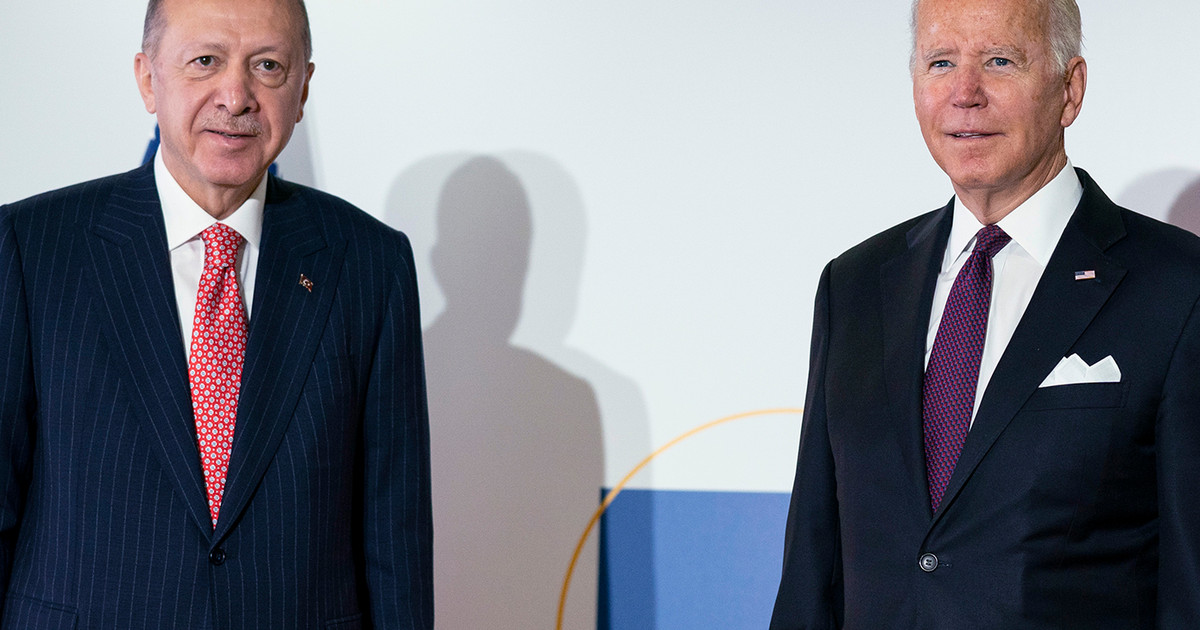A Japanese court will decide on Wednesday whether the ban on same-sex marriages is constitutional, a decision that could define the future course of LGBT rights in the only G7 country that does not allow such unions.
Japan’s constitution defines marriage as based on the “mutual consent of both sexes”, and Prime Minister Fumio Kishida’s ruling party has not released plans to review the matter or propose legislation.
Of two cases on the matter decided in Japan, one ruled that the ban on same-sex marriage was “unconstitutional” and the other held the contrary.
That adds weight to the expected decision by the Tokyo district court – already influential because of the capital’s outsized influence on the rest of Japan – as it will set a trend, lawyers and activists say.
“If two district courts rule that the ban is unconstitutional, it means that multiple courts have said the same thing,” said Hajime Yamamoto, professor of public law at Keio University.
A growing number of favorable legal verdicts would eventually put pressure on lawmakers to make changes to the law, he added.
“That will be a voice that cannot be ignored.”
Eight people are involved in the case to be decided on Wednesday, saying the ban on same-sex marriage violates Japan’s constitution and demanding compensation of 1 million yen ($7,200) each.
Japan does not allow same-sex couples to marry or inherit each other’s assets, such as a home they may have shared, and it does not give them parental rights over each other’s children.
Although partnership certificates from municipalities now cover about 60% of the population in Japan, including Tokyo, they do not give same-sex couples the same rights as heterosexual couples.
The situation is also having an economic impact, as international companies find it difficult to attract, let alone retain, talent.
“Thinking about the future of their lives, they don’t see anything in Japan. Then they move to friendlier jurisdictions like the United States,” said Masa Yanagisawa, head of primary services at Goldman Sachs and a member of the activist group Marriage for All Japan.
“We have invested in the person to have a senior position, but then they move… All that talent ends up leaving the country because of the social system.”
Source: CNN Brasil
Bruce Belcher is a seasoned author with over 5 years of experience in world news. He writes for online news websites and provides in-depth analysis on the world stock market. Bruce is known for his insightful perspectives and commitment to keeping the public informed.






